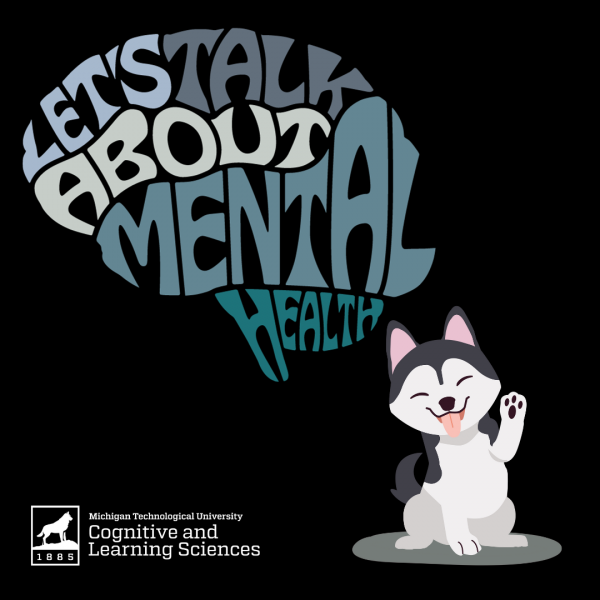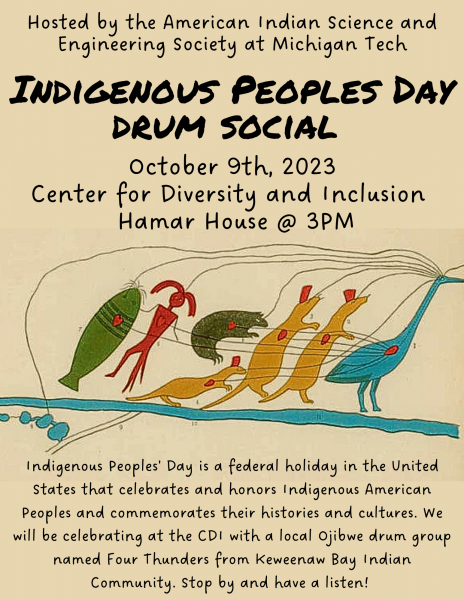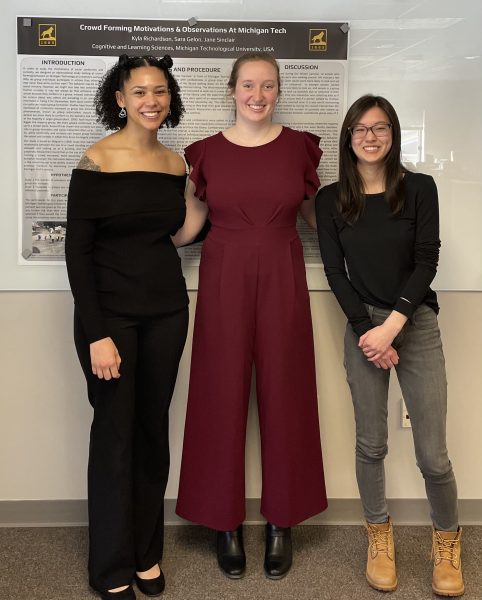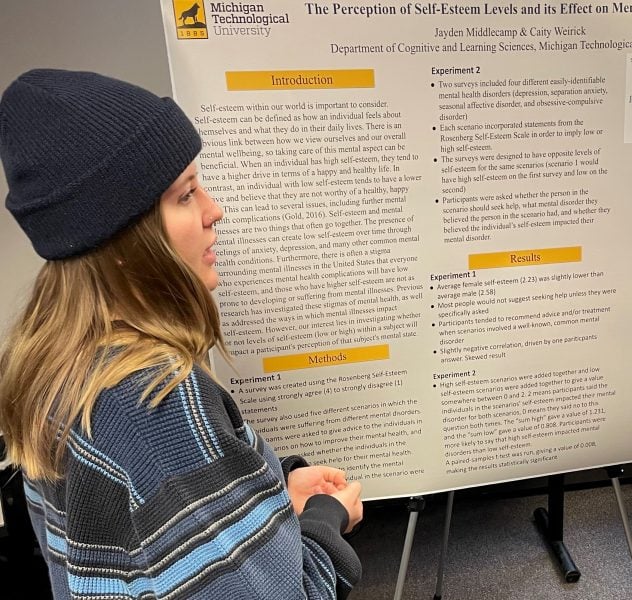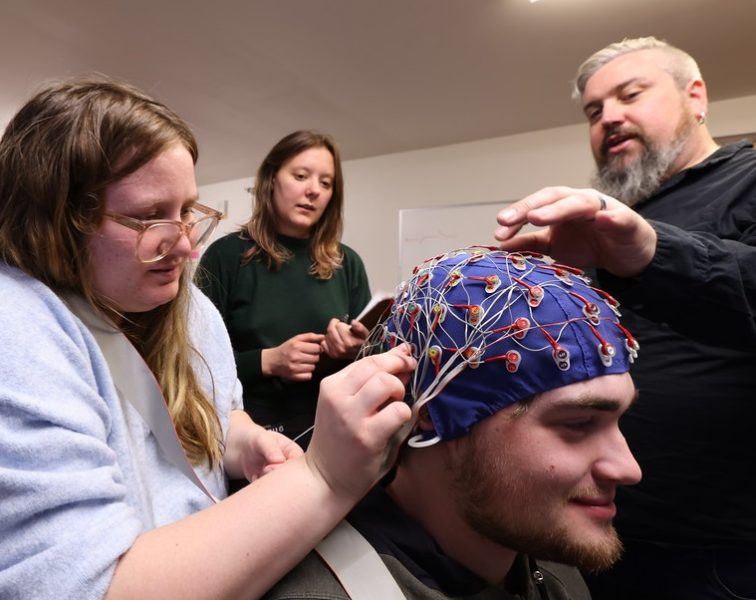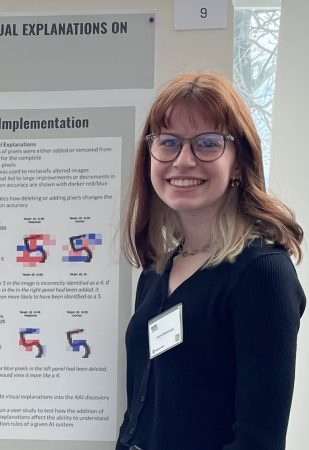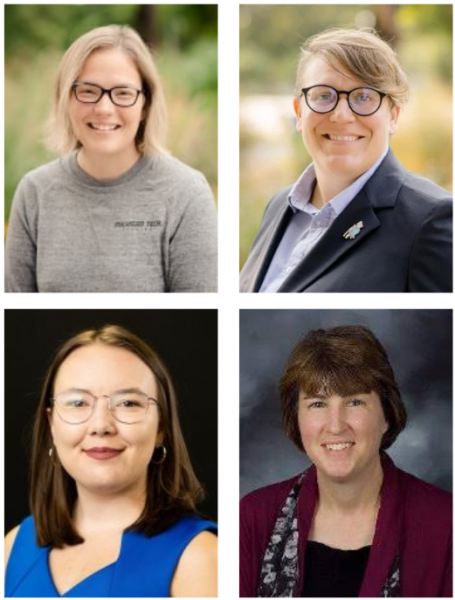The Department of Cognitive and Learning Sciences will host Chikondi Sepula & Blessings Hwaca from Rhodes University at the next Applied Cognitive Science and Human Factors forum.
There will be two presentations from 2:00 to 3:00 p.m. Monday October 16 via Zoom from Grahamstown, South Africa.
Title: Exploring the Development of Computational Thinking Skills among Pre-Service Teachers through Visual Programming: An Interventionist Case Study
Abstract:
Due to its profound cognitive effect on learners, computational thinking (CT) has gained significant attention and has been increasingly integrated into primary and secondary education worldwide. The integration of CT into educational curricula offers several benefits, including improved learning outcomes, enhanced problem-solving abilities, and the development of skills necessary for the digital landscape of the 21st century. Reflecting this global trend, South Africa introduced CT in primary schools through a dedicated subject called “coding and robotics” in 2023. However, as cited in other contexts, teacher upskilling is a primary challenge faced in successfully integrating CT in South Africa. Many teachers lack the necessary skills to effectively teach this new subject. Recognizing this gap, I was motivated to explore the development of CT skills with pre-service teachers using visual programming. This study will be underpinned by the social-cultural theory (SCT) of Lev Vygotsky. Informed by this theory, the intervention will be guided by a professional development (PD) model called “Code, Connect, Create” and a pedagogical model known as “Use, Modify, Create”. The study will be carried out within the Education Department at Rhodes University. All first-year pre-service teachers who are willing to participate from within the department will be included in the intervention. Data will be collected through the CT Reflective tools, semi-structured interviews, focus-group discussions, and reflective journals. The CT framework proposed by Brennan & Resnick (2012) will be used as a lens to facilitate and assess CT development among the pre-service teachers as a result of the intervention. An evaluative interpretivist case study methodology will be employed in this study, as it allows the detailing of contextual effects of the visual programming approach, as well as enabling and constraining factors that should be considered when developing CT with visual programming.
Title: Working with Secondary School Educators’ on the development of Computational Thinking through lesson planning
Abstract:
Computational Thinking (CT) is a cognitive skill that helps learners to think logically and creatively, becoming more popular as well as necessary at all levels of education globally. By introducing CT into curriculum design and lesson activities, educators together with their learners can benefit in many ways such as effective problem-solving, better learning outcomes, and more holistic preparation for the digital challenges of the 21st century. Two of the obstacles cited in South African STEM Education are the lack of skilled teachers and low interest of learners in the former, which warrants the need for more support and focus from different actors. Since CT is not only for STEM subjects but also for any discipline or challenge, thus educators who understand computational thinking can help students use their skills in different situations and contexts and encourage them to think logically and systematically. As a scholar, I am inspired to investigate how we can promote the development of CT during lesson planning by selected secondary school educators. The intervention study will be carried out with ten educators in Makhanda, Eastern Cape province. The Pattern Recognition, Abstraction, Decomposition, and Algorithms (PRADA) and Vygotsky Social Cultural theory will be used as theoretical frameworks. The data will be collected through Workshops, Journal reflection, Interviews, and Focus Group discussions.
